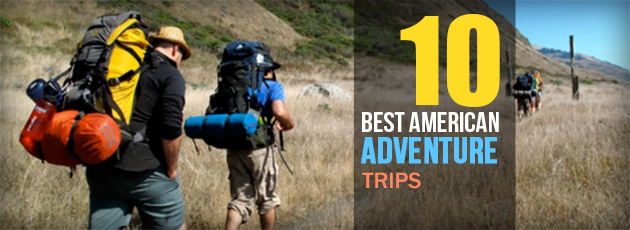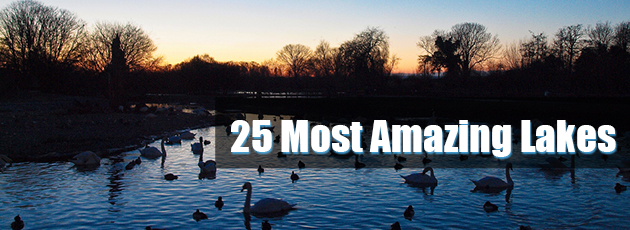Everything is better on holiday. Or at least, it should be: the weather, the food, the nights, the drink, the length of your lie-in . . . so the last thing you want is to fall ill and find yourself laid-up, seized-up or throwing up in an unfamiliar environment, while all those around you continue to life the lives of lotus eaters.
Read on to find out how to avoid holiday illness and get the best out of your fortnight of rest – as opposed to spending it in the hotel bathroom.
First things first
Before you leave the country, make sure you and your family have all been suitably and recently vaccinated. There are some countries which require overseas visitors to undergo specific vaccinations as a condition to entry, so do make sure you check this before travelling.
Check your health insurance carefully to see how far you’re covered and in what circumstances. Also make sure you’ve fully stocked up on everyday medications that can cure or alleviate unpleasant and easily occurring ailments like headaches, migraines, diarrhoea, indigestion, allergic reactions and insect bites.
Food and drink
Eating contaminated food and drinking bad water are two of the biggest causes of illness in people who are holidaying abroad. It’s easy to assume that the same levels of care are applied in the preparation of food than you might find at home, but it’s not always the case.
When it comes to water, your best bet is to take a water purifier along with you to rid it of any bad bacteria. Otherwise, it can be boiled thoroughly before drinking (you should be drinking a fair amount in hotter countries anyway, in order to avoid dehydration).
When it comes to food you can never be 100 per cent sure you’re making the right choices, but it’s probably a better bet to stick to known and popular restaurants and only eat well-cooked morsels; you’re better having your steak cooked to leather than risking it rare.
Tempting though it may be to go native and crave ‘authenticity’ by eating at a backwater shack, you cannot not be sure what you’re consuming – this may be a risk you’re willing to take if you’re a young, lone traveller, but if you’ve got family in tow, be wary.
And finally . . .
If you’re travelling to a country that has few or no conventional hospital facilities, then make sure you know how to contact your embassy, who will be able to help you should a crisis occur and point you in the correct – and safe – destination. Another mighty – and mighty simple – tip is: hand sanitizer. You could do worse than apply that tip to holidays at home, too.











